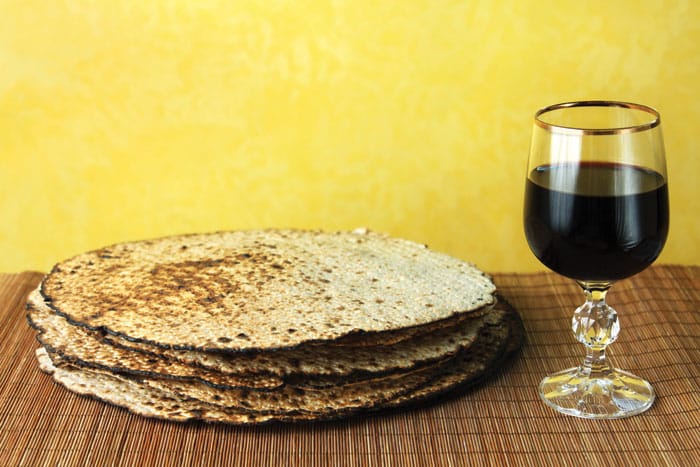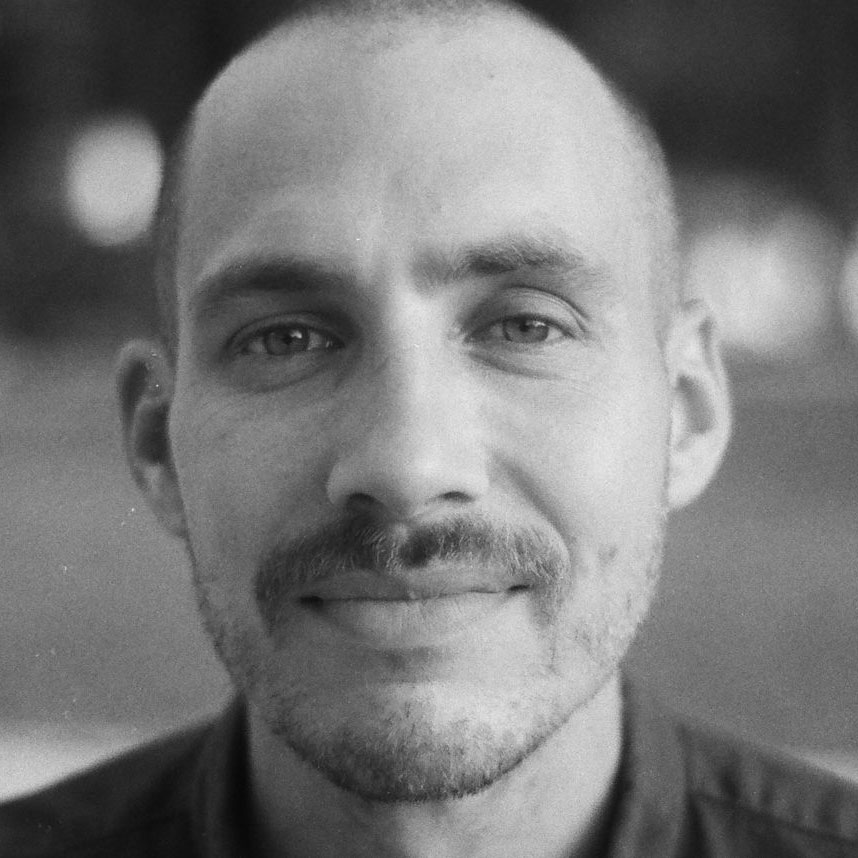 tovfla/Getty Images
tovfla/Getty Images In the book of Leviticus, the Jews receive the laws of the Torah. These laws are all encompassing — ranging from the ritual to the dietary to the sexual to the financial. They are clear — dividing Jewish life into comprehensible categories of permitted and forbidden, pure and impure. They are eternal—regularly referred to by the text as “laws for all time” and addressed to “future generations.”
Then comes the book of Numbers, which complicates the story.
In Numbers, situations arise that the “all encompassing” law of Leviticus hasn’t taken into consideration. The “clear” categories of permitted and forbidden return to the negotiating table. “Eternal” statutes are shunted aside to deal with the needs of the moment.
First, there’s the matter of the Passover sacrifice. Commanded for the fourteenth of the month of Nissan, there are a number of Israelites unable to participate due to ritual impurity. They approach Moses and ask, “What about us?”
Then, there’s the matter of land inheritance. After the laws for inheriting the holy land are given, the daughters of Tzelafchad — who had no male heirs to inherit his portion of the holy land — approach Moses and ask, “What about us?”
Finally, there’s the tribes of Reuven, Gad, and half of Menashe, who think that the land to the east of the Jordan river would suit them better than the promised land proper. They approach Moses and ask, “What about us?”
In the first two instances, God takes the matter to God for a ruling. Regarding the Passover sacrifice, God institutes the holiday of Pesach Sheni (“Second Passover”) to be observed on the fourteenth of Iyar by those who were unable to participate in the first Passover due to impurity or because they were traveling far from Jerusalem at the time. Regarding the inheritance laws, God declares that the womens’ plea is “just” and amends the laws of inheritance to allow women to inherit.
In the final instance, Moses decides that matter on his own. He interviews the petitioners to discern if their motivations are honorable. Once he is convinced, he grants them permission.
If Leviticus tells the story of the written Torah, these stories in Numbers reveal the origins of the oral Torah. We are witnessing the halachic process unfold. In the first two cases, God is still the ruling posek — legal decider. By the third, He has begun entrusting this important task to Moses, who will entrust it to the sages of each generation.
These stories are the source texts for a living Judaism — a Judaism that understands halacha as a bridge, to use the language of Rabbi Eliezer Berkovits, ”between the text, which is set, and life, which is always in motion.”
Some have the custom to eat matzah on this day, but that’s about it. A holiday without much ritual practice attached, however, is an opportunity to create new traditions.
In a post-Temple world where Passover sacrifices are not offered, Pesach Sheni has little practical import. Some have the custom to eat matzah on this day, but that’s about it. A holiday without much ritual practice attached, however, is an opportunity to create new traditions.
Eating some matzah is a good place to start, but we can and should do better. We might start by studying the passages of the Torah dealing with the institution of Pesach Sheni (Numbers 9:1-14), those dealing with the daughters of Tzelafchad (Numbers 27:1-11), and those dealing with the land to the east of the Jordan (Numbers 32:1-42).
Pesach Sheni is a loving opportunity to recall that our tradition has always had an answer to those who approach the Tent of Meeting and ask, “What about us?”
Pesach Sheni can thus be claimed as a commemoration of halacha as process and a celebration of living Judaism, marking the day that the hard stone of Mount Sinai, in the poetic idiom of Psalm 114, “became a fountain.” It is a loving opportunity to recall that our tradition has always had an answer to those who approach the Tent of Meeting and ask, “What about us?”
Matthew Schultz is the author of the essay collection “What Came Before” (2020).























 More news and opinions than at a Shabbat dinner, right in your inbox.
More news and opinions than at a Shabbat dinner, right in your inbox.